50 Mind-Blowing Vegetarian & Plant-Based Facts You Need to Know!
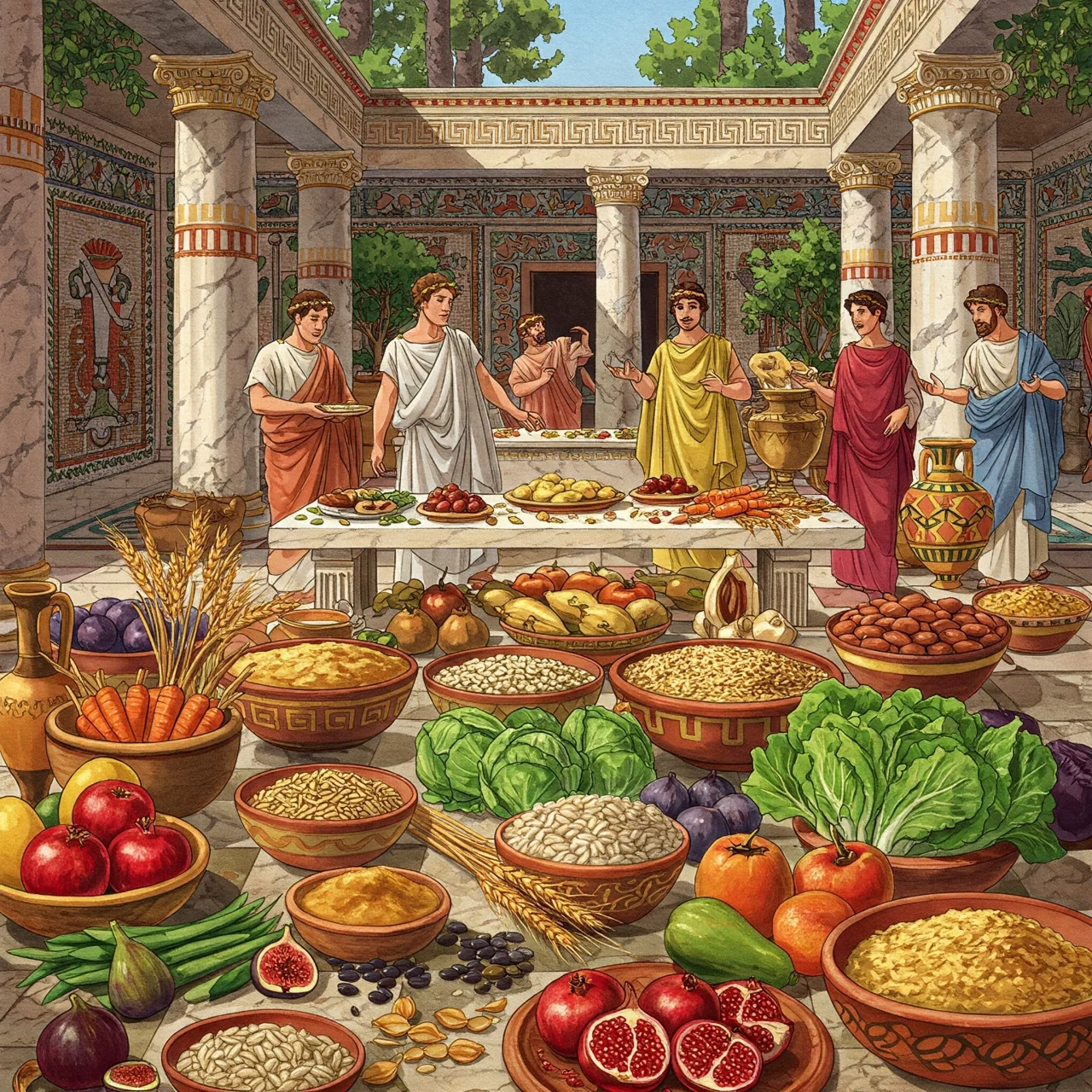
Discover fascinating vegetarianism & plant-based facts! Explore veggie trivia, health benefits, history & more. Factslook.com reveals surprising insights.
The Ancient Roots of Vegetarianism
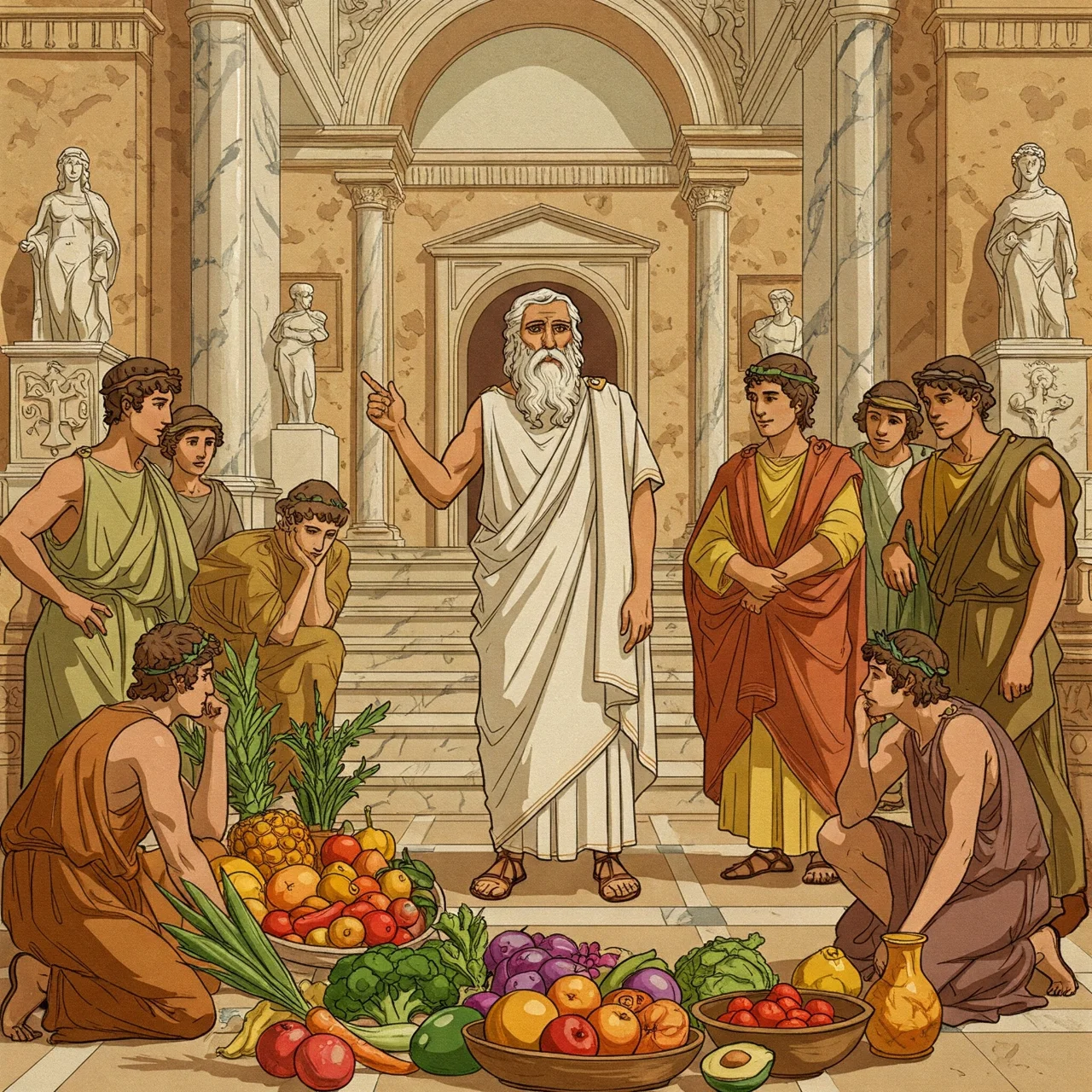
Vegetarianism isn’t a modern trend! Evidence suggests vegetarian practices date back to ancient civilizations like Greece, Rome, and India, often driven by religious or philosophical beliefs. Pythagoreans in ancient Greece advocated for a bean-based diet, believing it supported a virtuous life. This highlights a long-standing connection between plant-based eating and ethical considerations.
India's Vegetarian Dominance

India boasts the world's highest percentage of vegetarians. Around 30-40% of the Indian population identifies as vegetarian, primarily influenced by Jain and Hindu religious principles emphasizing non-violence ('ahimsa') towards all living beings. Regional variations exist, with some states having even higher vegetarian populations.
Vegetarianism & The Renaissance
The Renaissance saw a resurgence of vegetarian thought, largely fueled by humanist scholars rediscovering classical texts. Figures like Leonardo da Vinci are speculated to have been vegetarian, influenced by ethical concerns about animal suffering and a belief in the interconnectedness of all life. [Source: 'The Vegetarian Revolution' by Will Graff]
Beans Before Beef: Early Human Diets

For most of human history, beans and other legumes were a dietary staple *before* widespread meat consumption. Archaeological evidence suggests early humans relied heavily on plant-based protein sources, particularly in regions where large game was scarce or difficult to hunt. This shows that humans evolved eating plant-based.
The Word 'Vegetarian's' Origin
The term 'vegetarian' was coined in 1847 by the Vegetarian Society in the UK. Before this, people adhering to plant-based diets were called ‘vegetarians’ – those who ate vegetables – without an established movement or unifying name. The formalization of the term marked a turning point in the movement’s development.
Vitamin B12: A Vegetarian Challenge
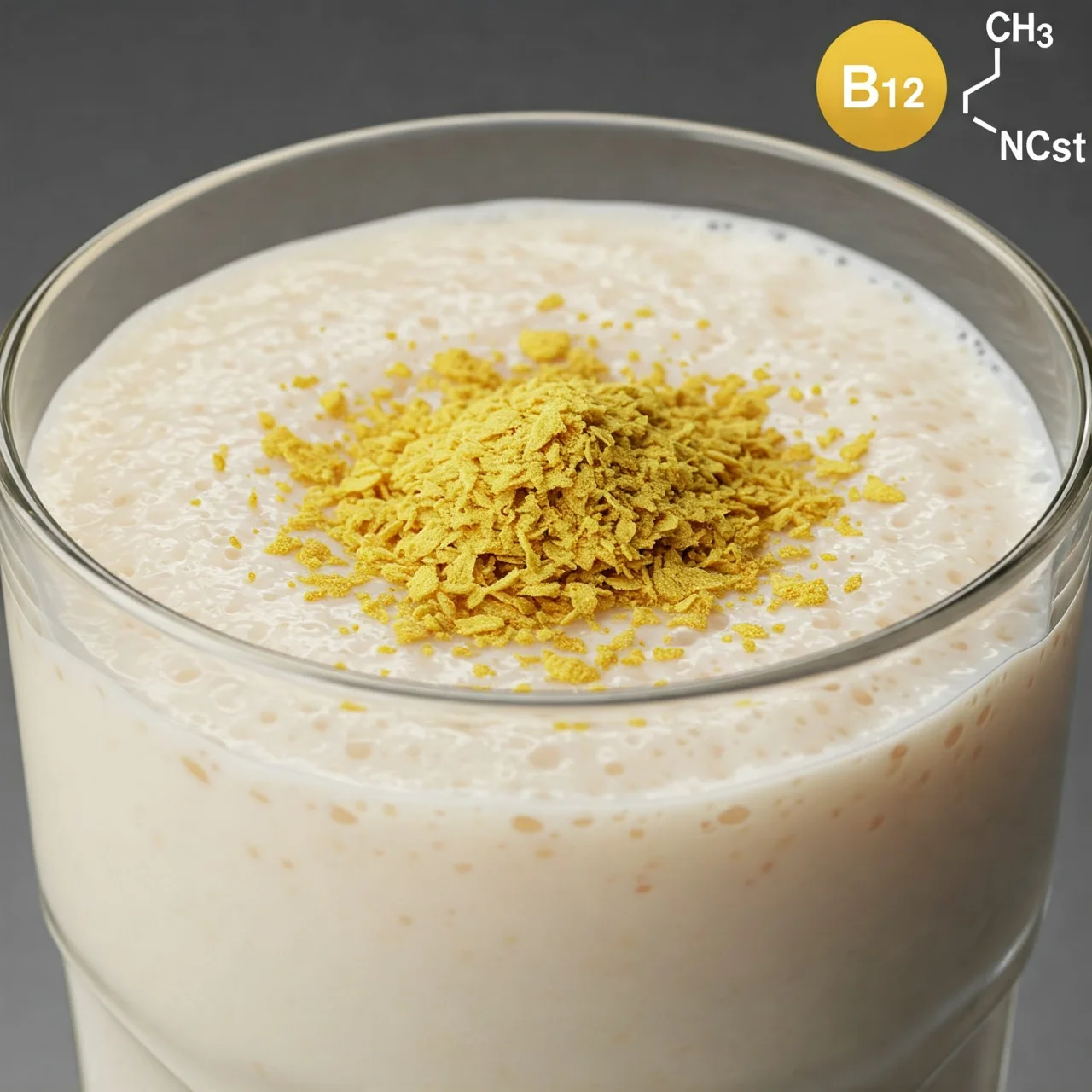
Vitamin B12 is primarily found in animal products, posing a challenge for strict vegetarians and vegans. B12 deficiency can lead to neurological problems and anemia. Vegans must obtain B12 through fortified foods or supplements to maintain optimal health. [Source: National Institutes of Health - B12 fact sheet]
Plant-Based Protein Powerhouses
Quinoa is a complete protein, meaning it contains all nine essential amino acids. This is relatively rare in plant-based foods, making quinoa a nutritional superstar. Other excellent sources include soy, chia seeds, and hemp seeds, offering diverse protein options for plant-based diets.
The Environmental Impact of Plant-Based Eating

Reducing meat consumption significantly lowers your carbon footprint. Animal agriculture is a major contributor to greenhouse gas emissions, deforestation, and water pollution. Choosing plant-based meals is one of the most impactful individual actions you can take for environmental sustainability. [Source: FAO report 'Livestock’s Long Shadow']
The Longest-Living Vegetarian
Jeanne Louise Calment, the oldest verified human (122 years and 164 days), followed a largely Mediterranean-style diet rich in fruits, vegetables, and olive oil. While not strictly vegetarian, her diet was primarily plant-based, demonstrating the potential for longevity with a plant-focused lifestyle.
Ancient Egyptian Vegetarianism

Ancient Egyptians practiced vegetarianism, largely motivated by religious beliefs surrounding animal worship. Certain animals were considered sacred, and consuming them was taboo. Archaeological findings suggest a significant reliance on fruits, vegetables, and grains in their daily diets.
The Rise of Veganism
The term ‘vegan’ was coined in 1944 by Donald Watson, a British animal rights advocate, who founded the Vegan Society. Veganism extends beyond diet, advocating for the avoidance of all animal exploitation and cruelty, encompassing clothing, cosmetics, and other products.
Tomato's Vegetarian History
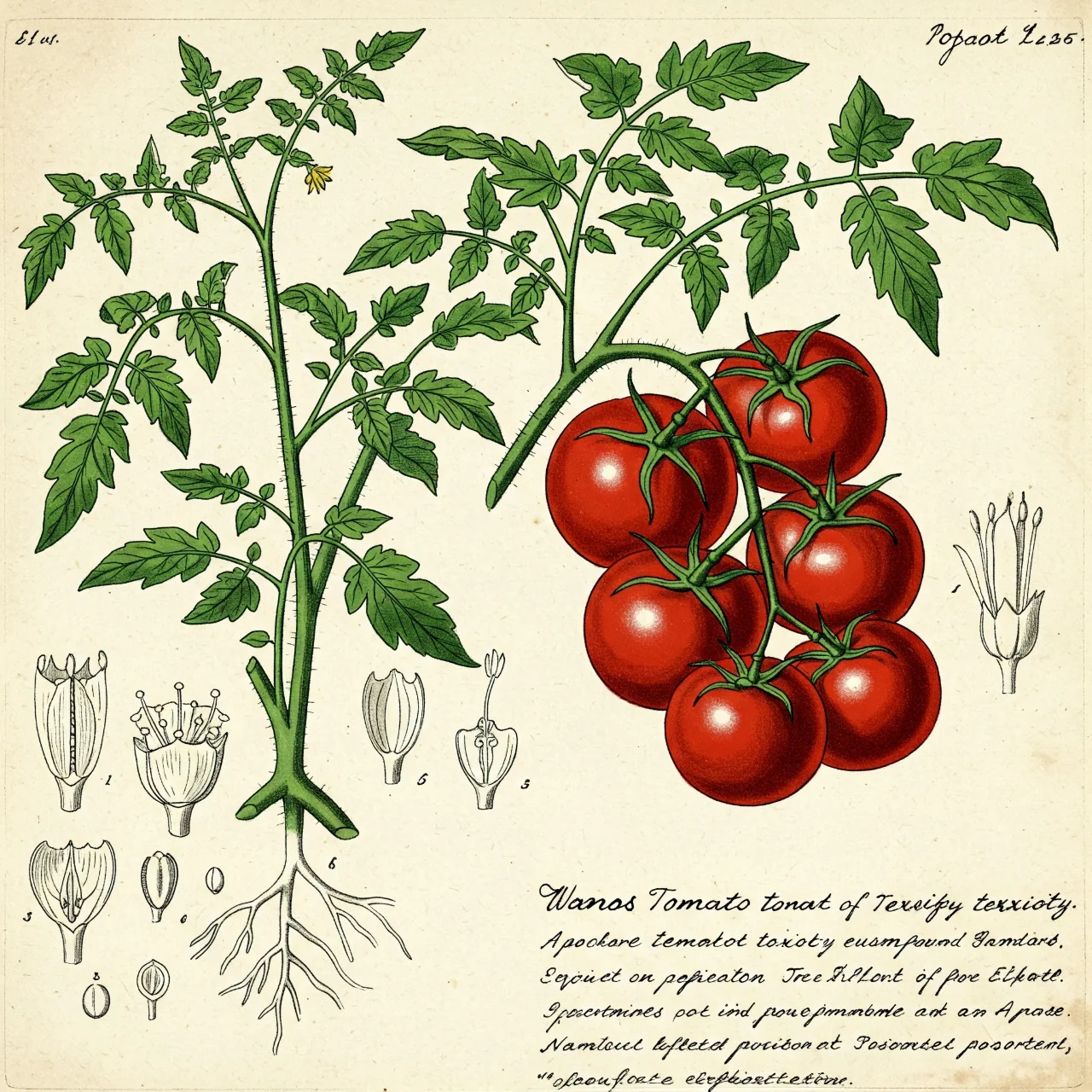
Tomatoes, now a staple in many vegetarian dishes, were once viewed with suspicion in Europe. Thought to be poisonous, they were initially grown as ornamental plants, not for consumption. It took centuries for tomatoes to gain acceptance as a food source.
Vegetarian Athletes Excel
Many elite athletes thrive on plant-based diets. Notable examples include Venus and Serena Williams (tennis), Scott Jurek (ultra-marathon runner), and Patrik Baboumian (strongman). These athletes demonstrate that a plant-based diet can provide ample energy and nutrients for high-performance activities.
The Role of Buddhism in Vegetarianism

Buddhist teachings emphasize compassion for all living beings, leading many Buddhists to adopt vegetarianism. The principle of 'ahimsa’ – non-violence – is central to Buddhist philosophy, extending to refraining from causing harm to animals.
Plant-Based Iron Absorption
Non-heme iron (found in plant-based foods) is less readily absorbed by the body than heme iron (from animal sources). However, consuming vitamin C-rich foods alongside iron-rich plants significantly enhances absorption. Pairing spinach with lemon juice is a great example!
Lacto-Ovo Vegetarianism
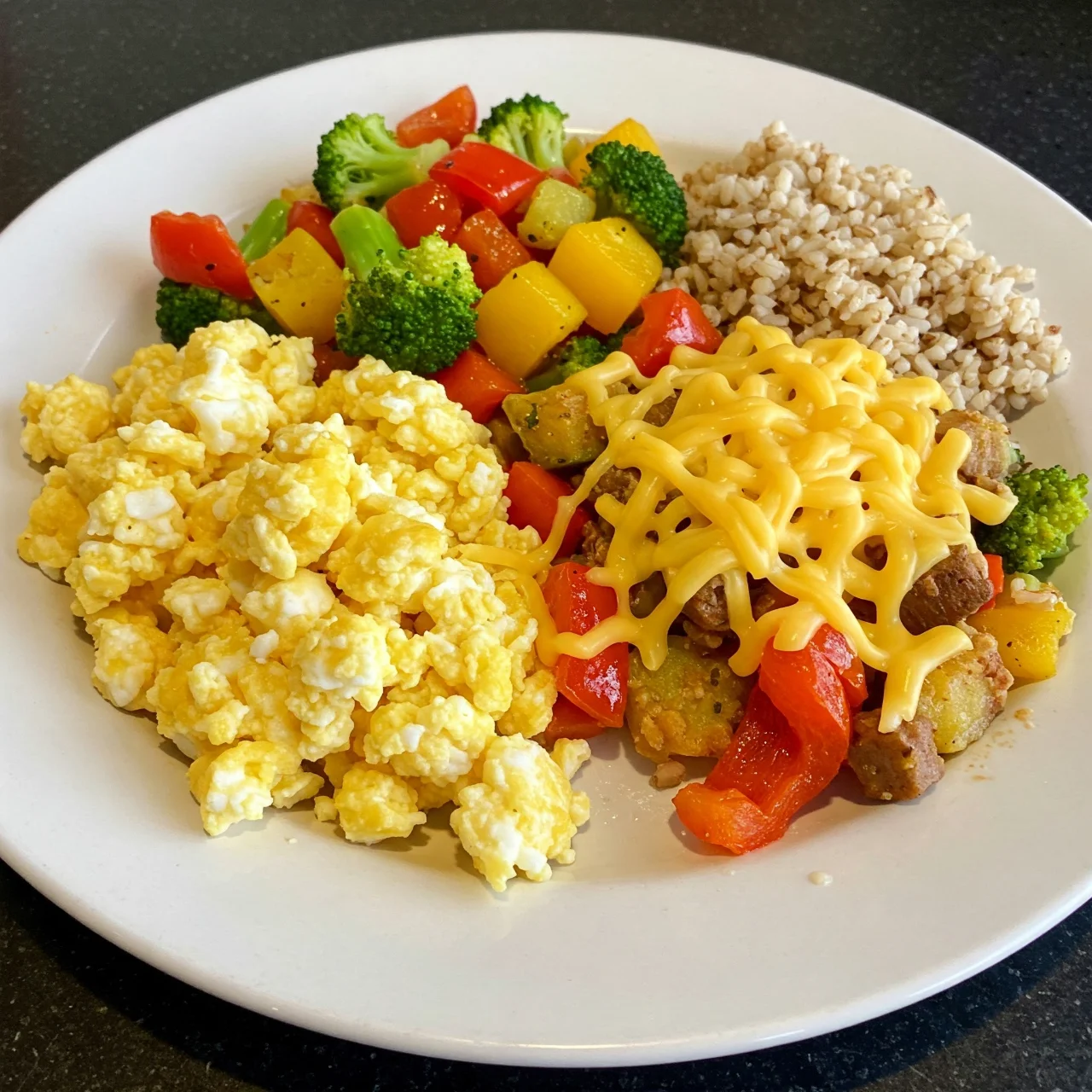
Lacto-ovo vegetarianism is the most common type of vegetarianism. It excludes meat, poultry, and fish, but *includes* dairy products (lacto) and eggs (ovo) in the diet. This offers a wider range of nutritional options and is often easier to maintain.
The 'Flexitarian' Diet
The flexitarian diet is a semi-vegetarian approach that primarily focuses on plant-based foods but occasionally includes meat, poultry, or fish. It’s a flexible way to reap the benefits of plant-based eating without strict restrictions.
Plant Sterols and Cholesterol
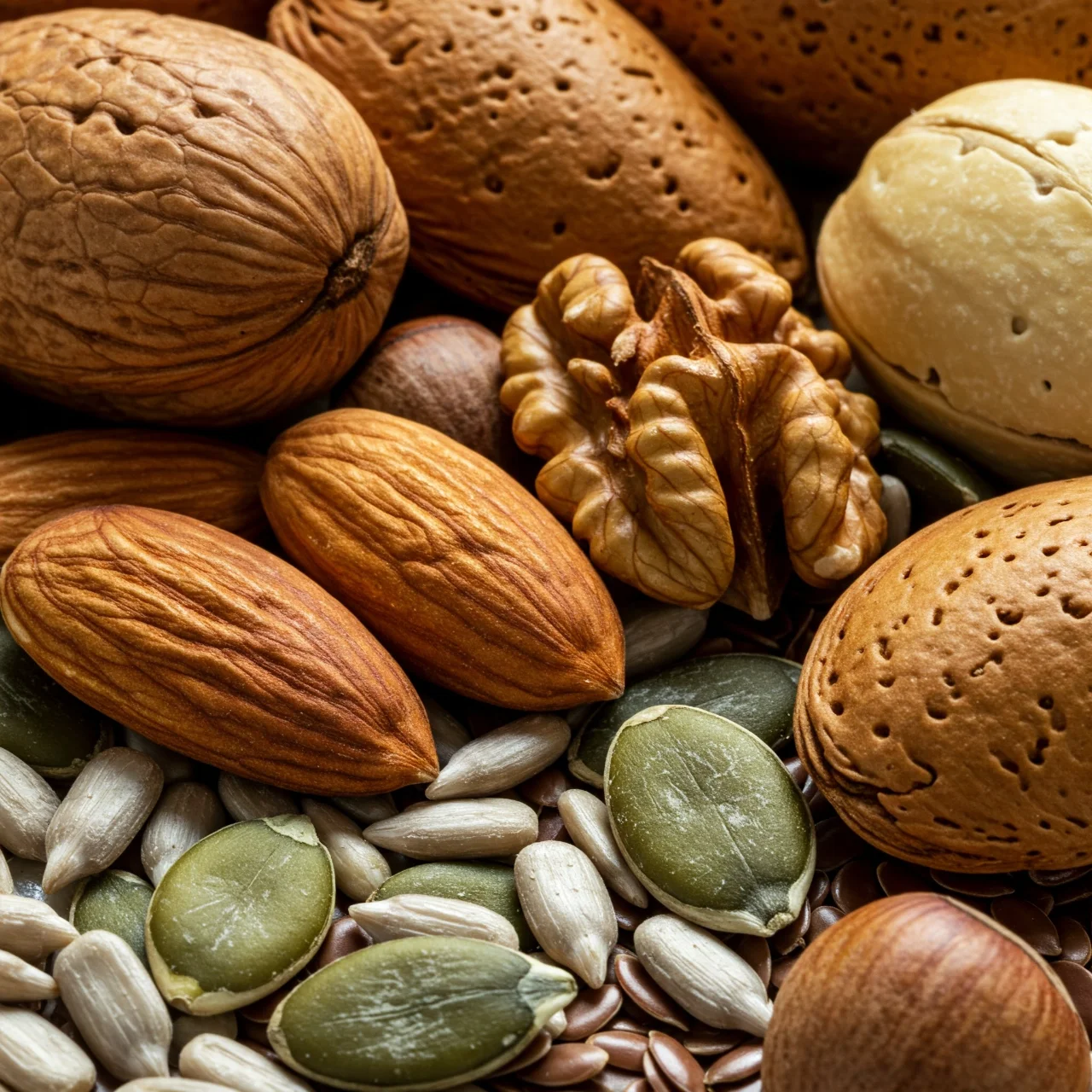
Plant sterols, found in plant cell membranes, can help lower LDL (bad) cholesterol levels. They block the absorption of cholesterol in the intestines. Foods like nuts, seeds, and vegetable oils are good sources of plant sterols.
The Evolution of Meat Alternatives
Early meat substitutes often relied on wheat gluten ('seitan'). Today, innovation has led to products made from soy, pea protein, mushrooms, and even lab-grown meat – offering increasingly realistic and nutritious alternatives to traditional meat.
Mushrooms: The Vegetarian 'Meat'
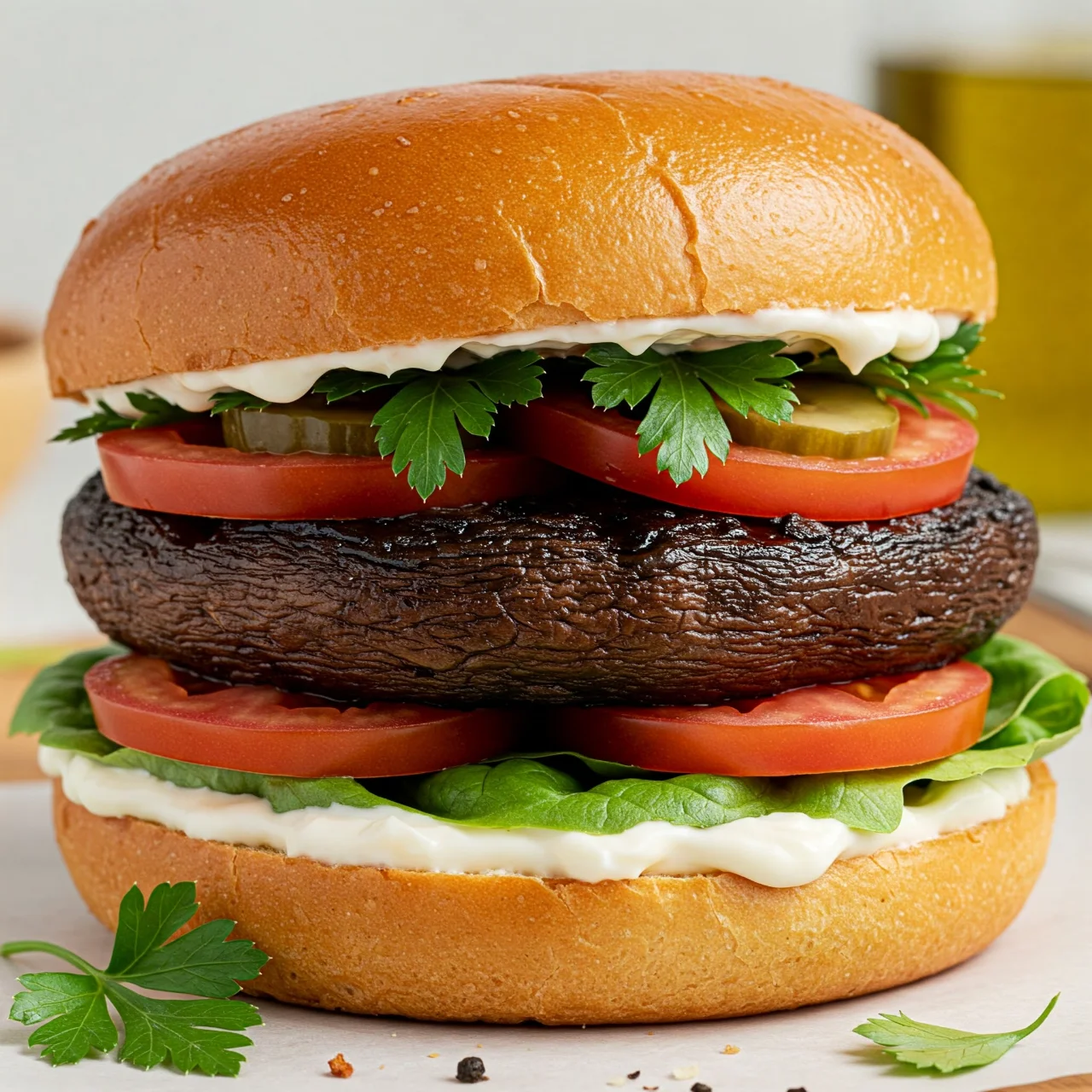
Mushrooms provide an umami-rich flavor and meaty texture, making them a popular substitute for meat in vegetarian dishes. They’re also a good source of B vitamins, selenium, and other essential nutrients. Portobello mushrooms are often used as a burger alternative.
Vegetarianism and World War I
World War I led to increased interest in vegetarianism due to food shortages and rationing. The war highlighted the efficiency of plant-based food production compared to animal agriculture, leading some to adopt vegetarianism as a patriotic duty.
The Gut Microbiome & Plant-Based Diets
Plant-based diets promote a diverse and healthy gut microbiome. Fiber-rich foods feed beneficial gut bacteria, which play a vital role in digestion, immunity, and overall health. A thriving gut microbiome is linked to reduced risk of chronic diseases.
Ancient Greek Athletes & Figs
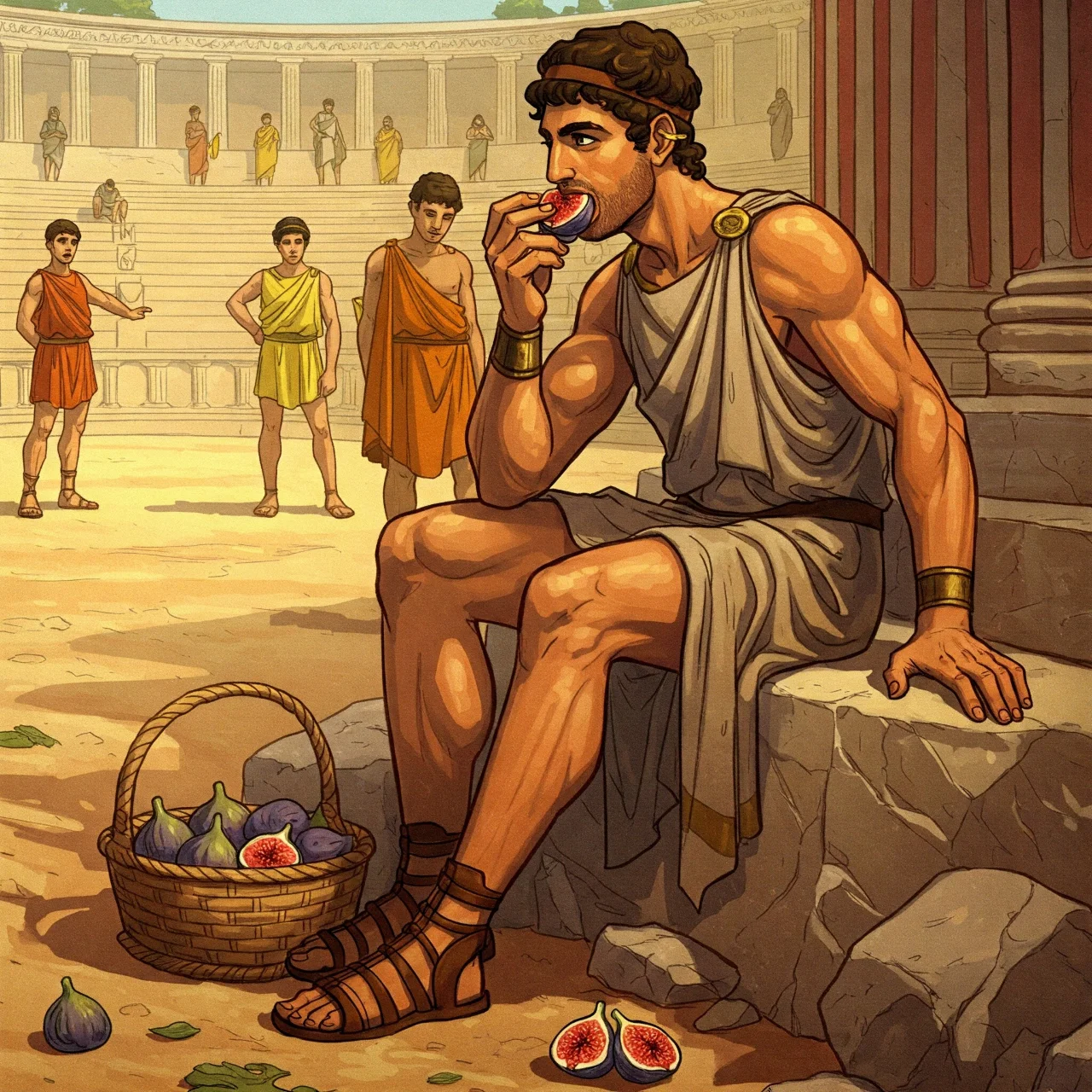
Ancient Greek athletes often relied on figs as a performance-enhancing food. Figs are packed with carbohydrates, potassium, and fiber, providing sustained energy and aiding muscle recovery. They were considered essential for athletic prowess.
Tempeh's Indonesian Origins
Tempeh, a fermented soybean product, originated in Indonesia centuries ago. This nutrient-dense food is a complete protein source and offers probiotics for gut health. It's a versatile ingredient, suitable for stir-fries, sandwiches, and more.
Jackfruit: The 'Pulled Pork' Alternative
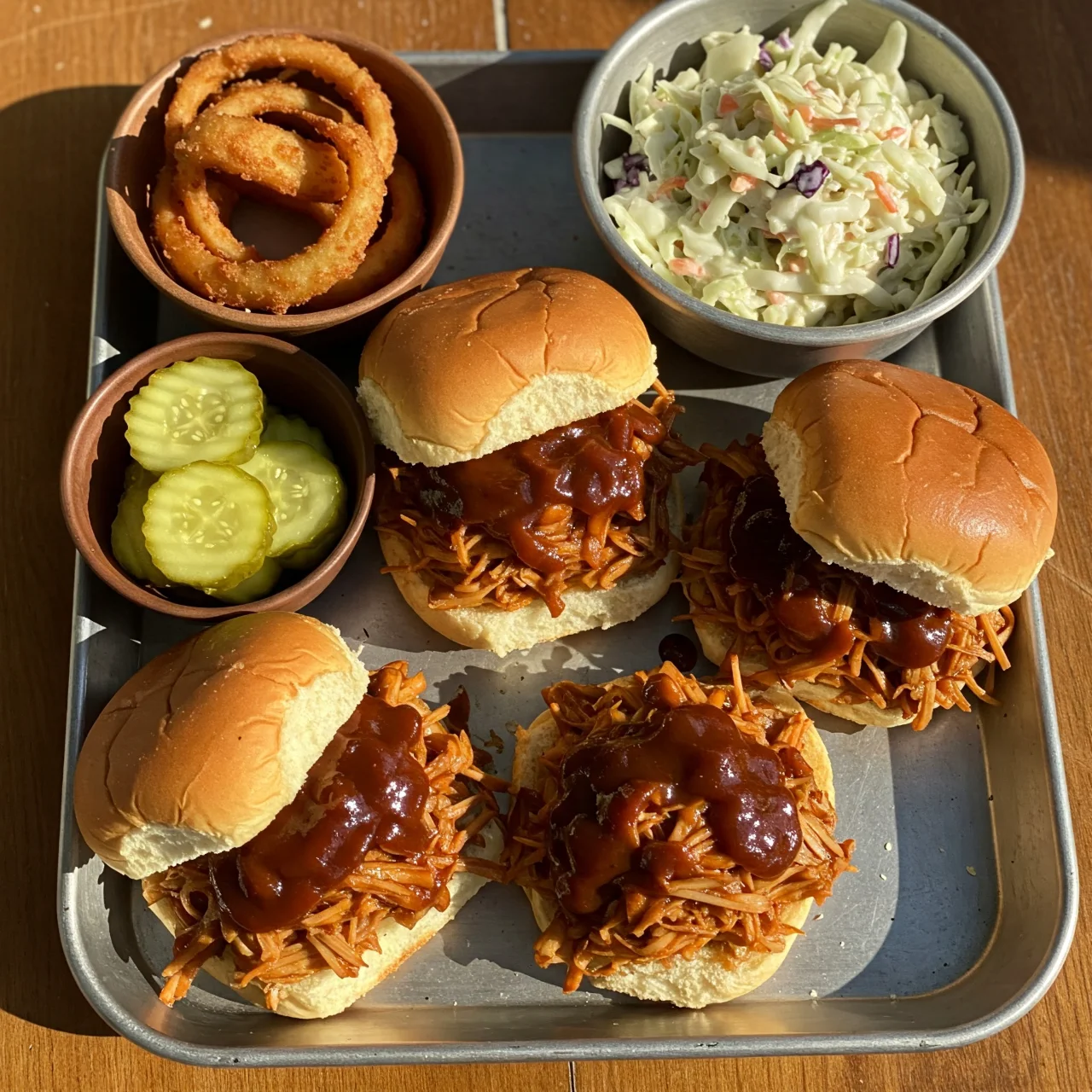
Jackfruit’s texture resembles pulled pork when cooked, making it a popular substitute in vegan and vegetarian dishes. Unripe jackfruit has a neutral flavor, absorbing spices and sauces easily. It’s rich in fiber and vitamin C.
Seaweed: An Underrated Vegetarian Superfood
Seaweed is a nutritional powerhouse, rich in iodine, iron, and calcium. Different varieties, such as nori, kelp, and wakame, offer unique flavors and textures. It’s a staple in many Asian cuisines and increasingly popular in Western diets.
Nutritional Yeast: The 'Cheesy' Flavor Secret
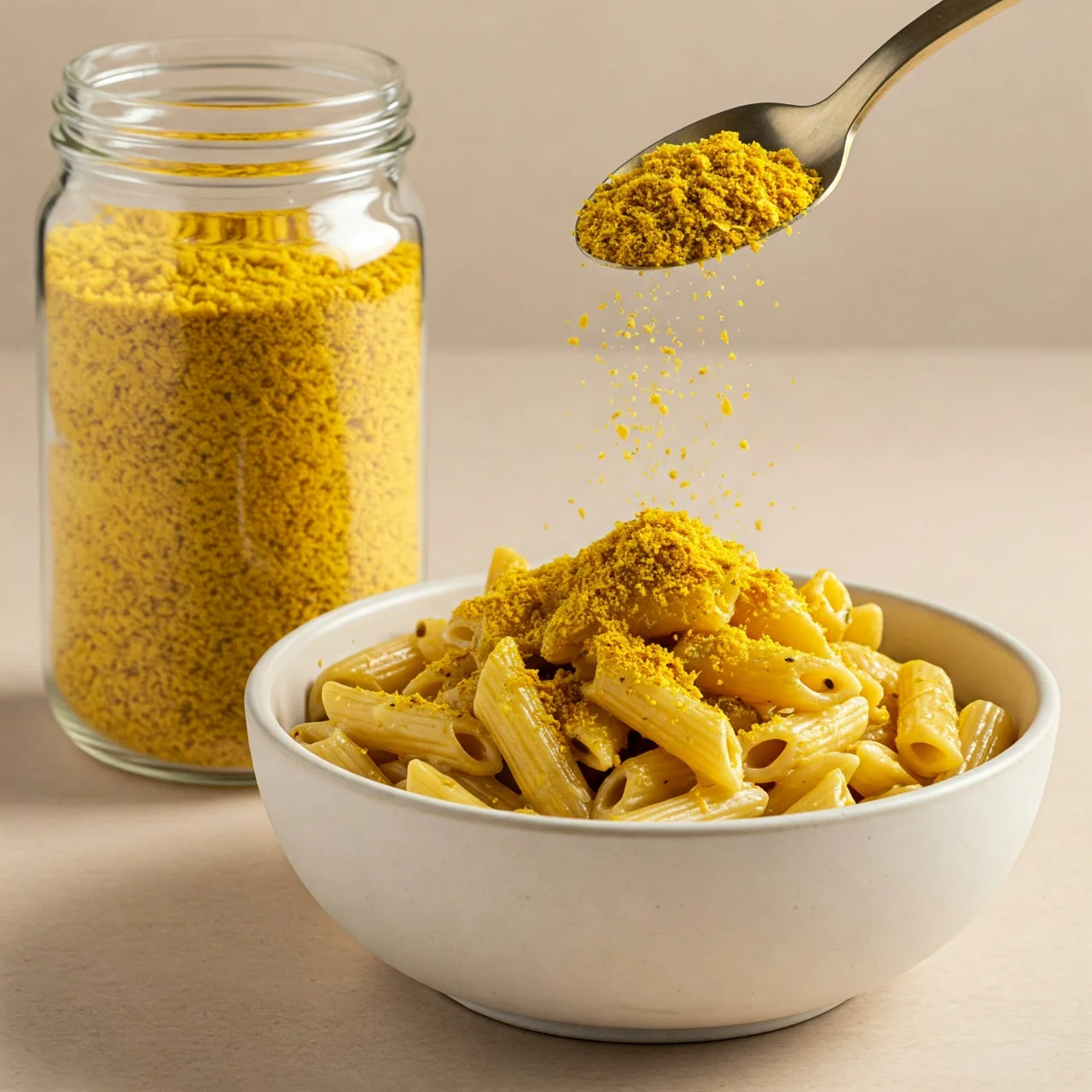
Nutritional yeast, often called 'nooch,' provides a cheesy flavor to plant-based dishes. It’s a complete protein, rich in B vitamins, and a popular addition to vegan sauces, soups, and snacks. It's deactivated yeast, so it doesn't have the rising properties of baking yeast.
The Vegetarian Society's Continued Influence
The Vegetarian Society continues to be a leading advocate for vegetarianism globally. They provide resources, promote plant-based eating, and work to improve animal welfare. Their influence spans education, policy change, and supporting vegetarian businesses.
Ancient Rome and Vegetarian Meals

Figures like Pliny the Elder wrote about the preference for vegetarian meals amongst some Romans, particularly philosophers and those seeking a simple life. Fruits, vegetables, and legumes constituted a significant part of the Roman diet, especially for certain social classes.
Spirulina: A Blue-Green Algae Protein Boost
Spirulina is a blue-green algae packed with protein, vitamins, and minerals. It's a complete protein source and contains antioxidants. Often consumed as a powder, it can be added to smoothies, juices, or sprinkled on food.
Vegetables and Vision Health
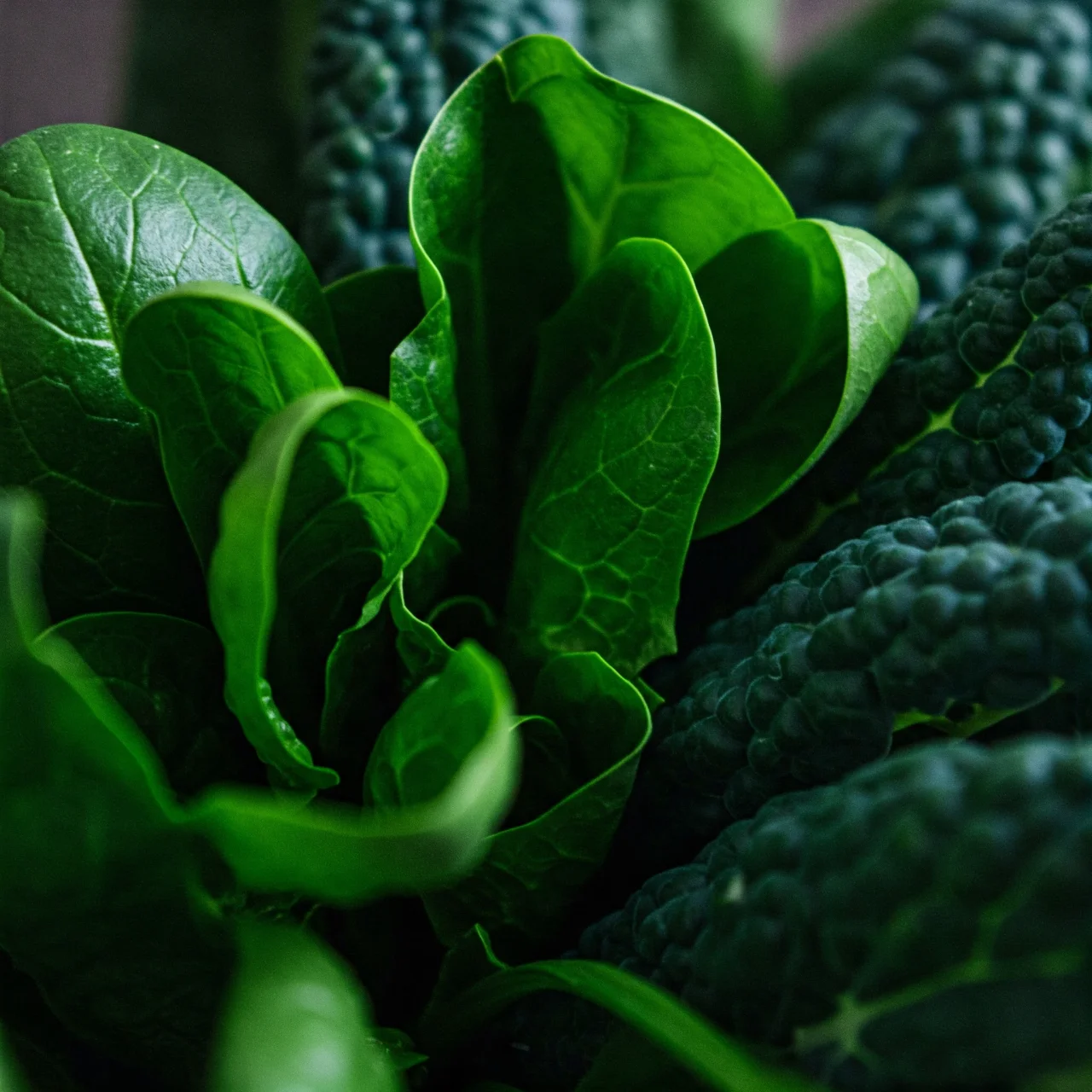
Lutein and zeaxanthin, found in leafy green vegetables like spinach and kale, are essential for eye health. They help protect against age-related macular degeneration and cataracts. Regular consumption can contribute to better vision.
The Global Expansion of Plant-Based Restaurants
The number of plant-based restaurants and vegan options is growing rapidly worldwide. This reflects increasing consumer demand for sustainable and ethical food choices. Major cities now boast a diverse range of plant-based eateries.
Tofu's Chinese Roots

Tofu originated in China over 2,000 years ago, potentially during the Han Dynasty. Legend attributes its discovery to a Chinese court chef who accidentally curdled soymilk while experimenting with different ingredients.It's a staple in East Asian cuisine.
Chia Seeds: Ancient Aztec Superfood
Chia seeds were a staple food for the ancient Aztecs and Mayans, who valued them for their energy-boosting properties. The word 'chia' means 'strength' in Mayan. They’re rich in omega-3 fatty acids, fiber, and antioxidants.
Edamame: Japan’s Nutritious Soybeans
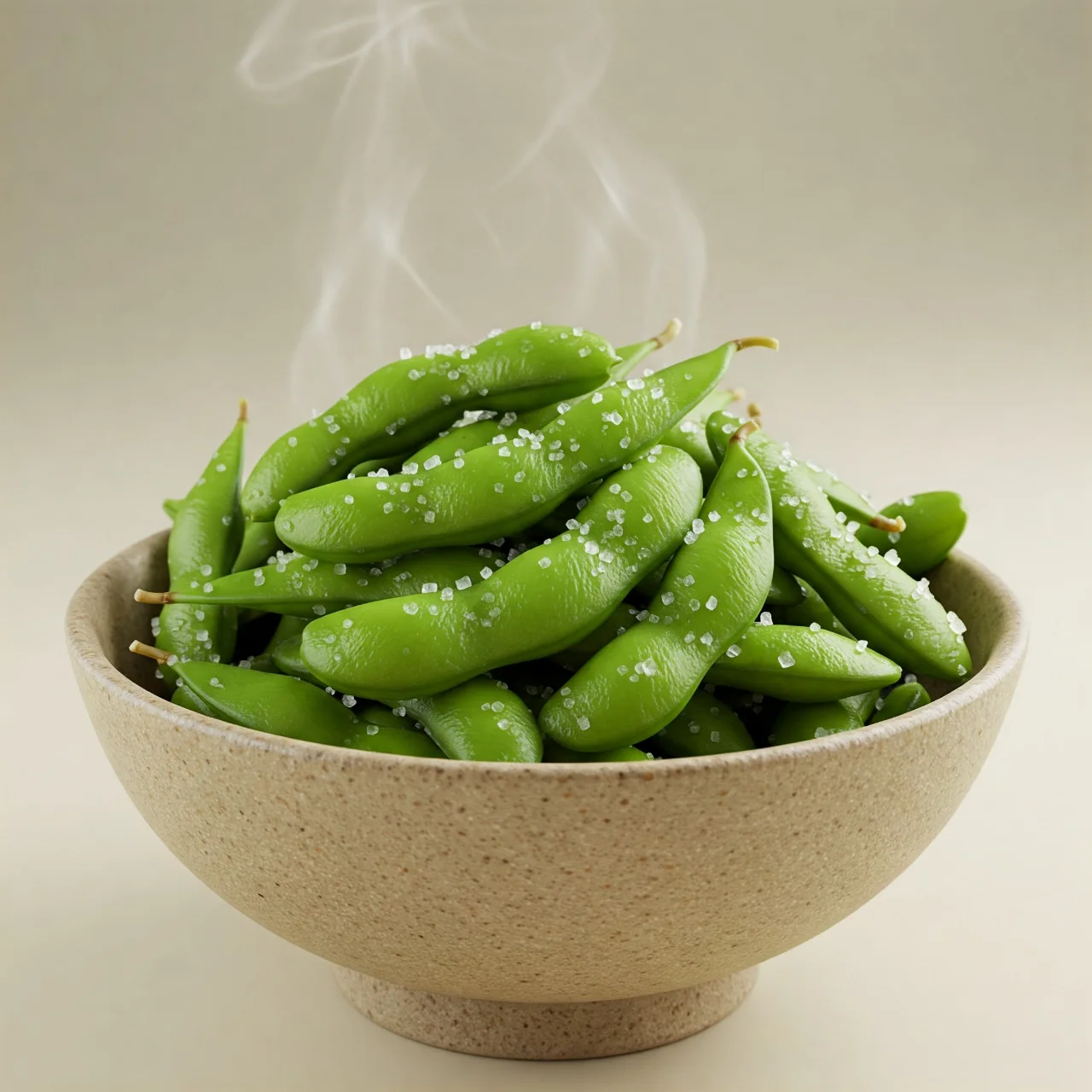
Edamame, young soybeans in the pod, is a popular snack in Japan. It’s a complete protein source, rich in fiber, and provides essential vitamins and minerals. Often steamed or boiled and lightly salted, its a healthy snack.
Plant-Based Diets & Heart Health
Plant-based diets are associated with a lower risk of heart disease. They are typically lower in saturated fat and cholesterol and higher in fiber, promoting healthy cholesterol levels and blood pressure. [Source: American Heart Association]
Ancient Egypt & Lentils
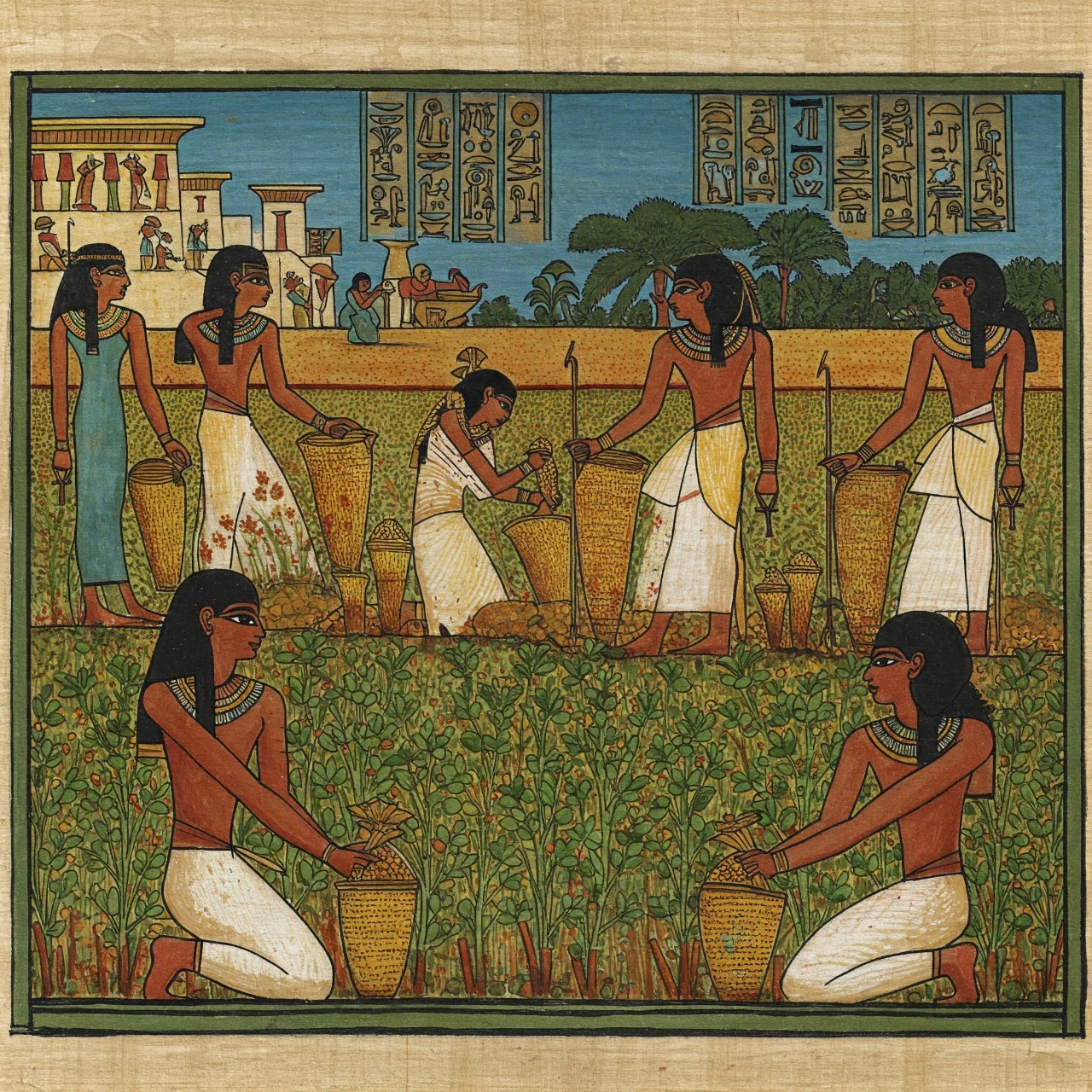
Lentils were a crucial part of the ancient Egyptian diet. Found in tombs and depicted in artwork, they provided a significant source of protein and fiber and were readily available along the Nile River.
Comments
Loading comments...